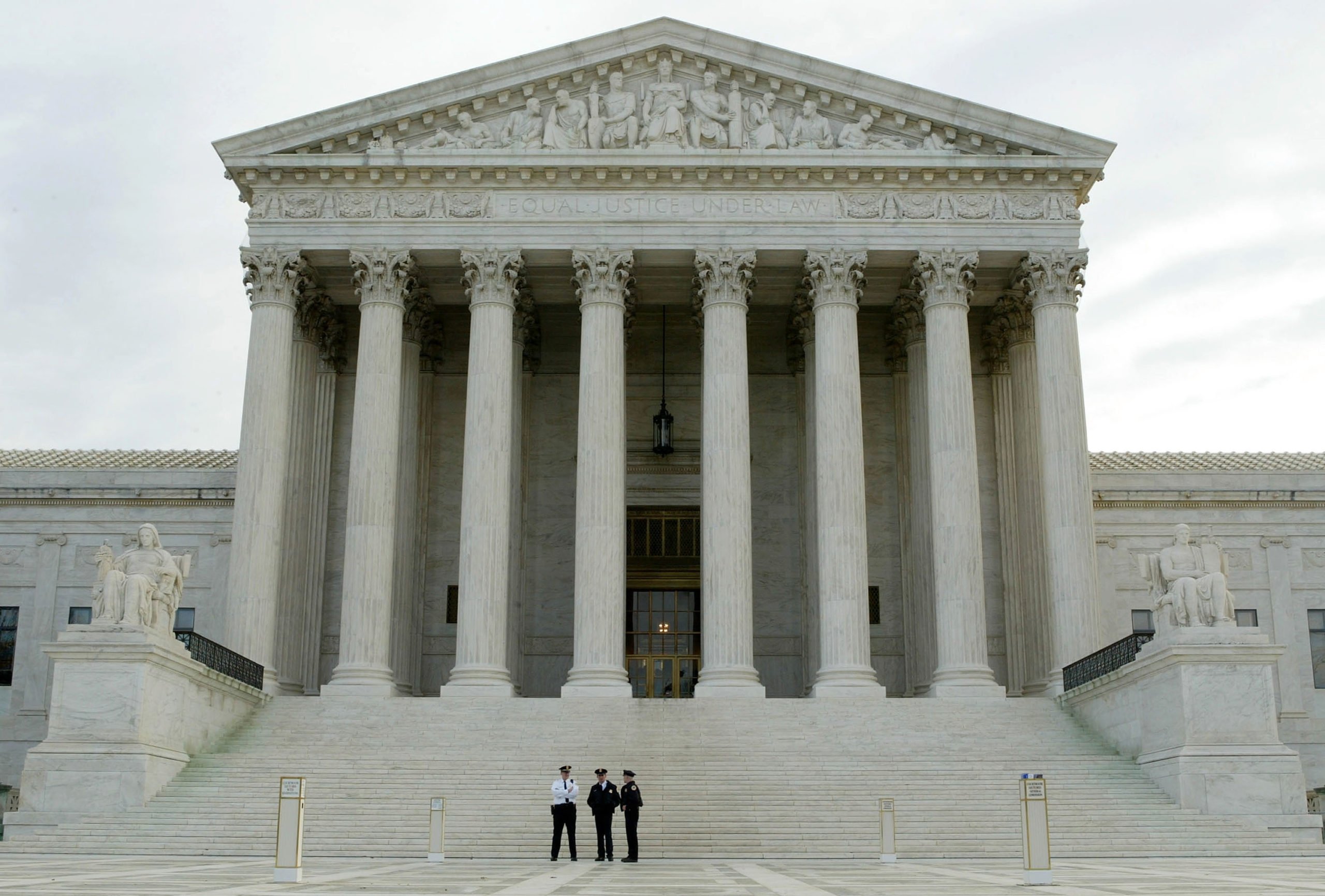An Afghan national charged with visa fraud escalated is connected to a terrorist group, according to a motion filed Tuesday by U.S. attorneys.
Authorities accused Afghan national Dilbar Gul Dilbar in April of falsely claiming to be an interpreter for the U.S. military while applying for a visa, according to Court Watch. However, classified information regarding Dilbar could not be provided to the magistrate during a detention hearing and he released in May under specific conditions, according to the motion.
What was known by federal agents but not shared with the judge at the time was Dilbar’s alleged ties with a designated Foreign Terrorist Organization and his criminal history, the document alleged.
“This is not a typical visa fraud case,” the motion read, “because he was linked to the Haqqani Network, a designated Foreign Terrorist Organization.” (RELATED: Trump Admin To Ban Visas For Foreign Officials ‘Complicit In Censoring Americans’)
The Haqqani Network is a Sunni Islamist terror group that has operated in Pakistan and Afghanistan, according to the Director of National Intelligence’s (DNI) website.
The government moved to revoke the release order, citing newly declassified evidence of alleged crimes to show that the seriousness of the purported visa fraud was understated.

WASHINGTON – DECEMBER 1: Police officers stand in front of the U.S. Supreme Court December 1, 2003 in Washington, DC. The U.S. Supreme Court refused without comment to review a 9th U.S. Circuit Court of Appeals’ interpretation on the Second Amendment to the U.S. Constitution today. 9th Circuit judge, Alex Kozinski, along with several other judges wanted to reverse the decision. A panel of the 9th U.S. Circuit Court of Appeals said the interpretation of the Second Amendment to the U.S. Constitution was intent on protecting gun rights of militias, not individuals. (Photo by Alex Wong/Getty Images)
Dilbar’s fingerprints were found on a handwritten note potentially containing the location of an intended terrorist attack that was discovered at an Afghan crime scene in 2011 by the Department of Defense, according to the Federal Bureau of Investigation’s (FBI) Terrorist Explosive Device Analytical Center. Later that year, Dilbar was taken into custody for impersonating a criminal investigator with the Afghan National Police, authorities said.
Dilbar allegedly maintained Facebook contact in 2018 with a former Afghan parliament member, Mohammad Musa Khawrin, who has ties to the Haqqani Network and the Islamist political party Hezb-e Islami Gulbuddin. The party, also the “Party of Islam,” is a political and military group that has operated in Afghanistan, according to the DNI’s website.
The FBI’s Joint Terrorism Task Force allegedly discovered that Dilbar sent a contact referred to as “Ray James” a falsified U.S. government-issued ID badge prior to arriving in the U.S. After he reached the country, he provided an image showing an account and routing number, authorities said.
The motion said authorities delayed Dilbar’s apprehension so they could continue investigating any alleged ties to terrorists or other criminals while he was in the U.S.
“The defendant’s release is an ongoing national security risk,” the motion said.
The files were briefly sealed Wednesday and ultimately unsealed that same day, according to Court Watch. A federal judge reportedly reversed the release order and Dilbar was ordered to await his trial behind bars.
If convicted, Dilbar could face up to 10 years in prison for visa fraud or up to 25 years if the alleged fraud was tied to terrorism, according to the motion.


![Tulsi Gabbard Calls for Arrest of James Comey Over Call to Assassinate Trump [WATCH]](https://www.right2024.com/wp-content/uploads/2025/05/Tulsi-Gabbard-Calls-for-Arrest-of-James-Comey-Over-Call-350x250.jpg)


![Declaration Gaffe, Whisper Creep, and Conflicting Cancer Claims [WATCH]](https://www.right2024.com/wp-content/uploads/2025/05/Declaration-Gaffe-Whisper-Creep-and-Conflicting-Cancer-Claims-WATCH-350x250.jpg)

![Trump Drops Bombshell Video Linking Clintons to Mysterious Deaths [WATCH]](https://www.right2024.com/wp-content/uploads/2025/05/Trump-Drops-Bombshell-Video-Linking-Clintons-to-Mysterious-Deaths-WATCH-350x250.jpg)


![Bessent Exposes Media Lies About April’s Stock Market Performance [WATCH]](https://www.right2024.com/wp-content/uploads/2025/04/Bessent-Exposes-Media-Lies-About-Aprils-Stock-Market-Performance-WATCH-350x250.jpg)






